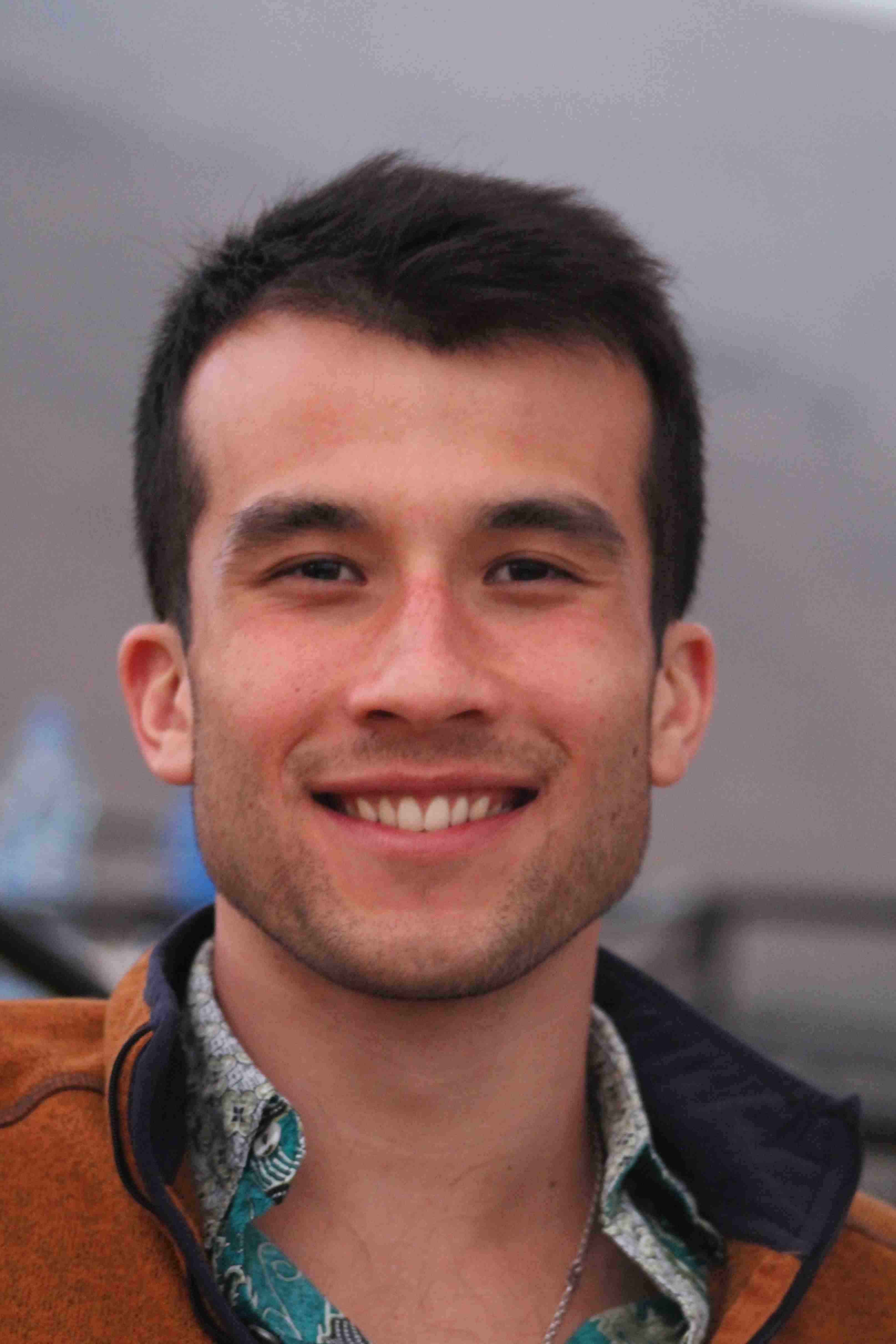
Graduate case studies
Even though many of our graduates will have progressed in their careers since completing a case study, they are still of interest to students who wish to gain an understanding of the world of work.
Performing simulations of the water resources network under scenarios of potential future climate change, population growth and infrastructure development. Managing and analysing large volumes of data using programming.
A typical day could involve performing water resources network simulations for the next 50 years with varying assumptions. The water resources network consists of water sources (rivers, reservoirs and boreholes), their connections to treatment works, transfers across the geographical region, and distribution in towns and cities. A proportion of my time is dedicated to data cleaning and processing. Large volumes of climate, hydrological and population data are required to perform these simulations. Using programming, I clean and process the data into a useful format. I would then work on a groundwater-level forecasting project using modelling and automated reporting to create predictions based on the latest long-term weather forecasts. Finally, I am working on my own continual professional development and would spend some time studying for the learning pathway I am currently enrolled in.
I enjoy using my problem-solving skills to provide data solutions.
By far the most challenging aspect has been starting my career during the COVID pandemic. I have missed out on valuable learning and development simply by not being in an office, surrounded by my colleagues. It is easy to take for granted the luxury of being able to casually ask questions and have conversations, about work or otherwise.
I enjoy working in a sector that contributes to creating a sustainable future.
After graduating from the University of Sheffield, I started my MSc Water Resources Engineering degree in September 2018 at KU Leuven, Belgium. I graduated from KU Leuven in September 2020 and started my current role in November 2020.
I would like to become a Chartered Engineer with CIWEM and am currently working towards this qualification.
Last updated: 14 Jun 2021
